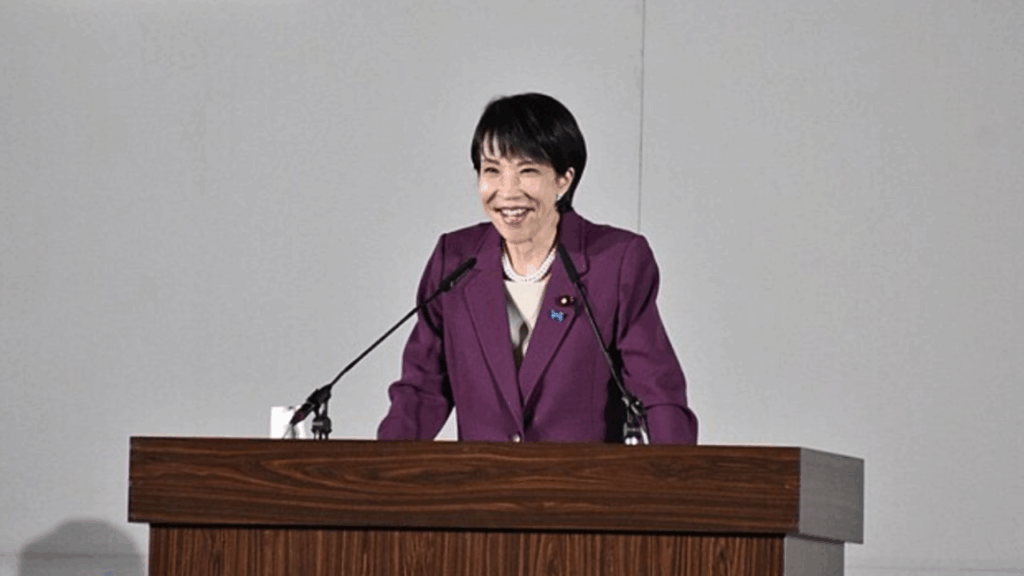Publication date: Oct 7, 2025 Japan’s new leader to make nuclear center of energy strategy
Japan’s New Leader to Make Nuclear Center of Energy Strategy
Former economic security minister Sanae Takaichi was elected on Saturday as the first female president of the Liberal Democratic Party and is now set to become Japan’s first female prime minister. Known for her assertive stance on energy and national security, Takaichi is set to steer Japan toward a more self-reliant and strategically focused energy policy. Her agenda centers on revitalizing nuclear power, boosting domestic renewables, and reorienting grid, storage, and EV policies around economic security rather than simple decarbonization.

-
Aggressive expansion of nuclear power through restarts, life extensions, and next-gen (SMR/fusion) development
Takaichi is doubling down on Japan’s nuclear future. Beyond reviving existing reactors, she plans firm investments in next-generation designs such as Small Modular Reactors (SMRs) through the late 2020s, while fast-tracking fusion energy development in the 2030s using deuterium and tritium instead of uranium or plutonium. Her push builds on Japan’s first Fusion Energy Innovation Strategy, launched in 2023 and revised in June 2025, signaling a clear intent to move from research to phased implementation.
—
-
Shift renewables to domestic sources like offshore wind and geothermal while tightening solar subsidies and recycling rules
Takaichi wants to leverage domestic resources not subject to geopolitical risks, such as offshore wind, geothermal, and rare metals in the Exclusive Economic Zone (EEZ). She highlights Japan’s relatively low energy self-sufficiency rate (12.6% as of 2024) and has stated her ambition to “aim for 100% energy self-sufficiency (Takaichi Sanae Channel).” She has skeptical views on introducing (foreign-made) solar panels, which potentially shift internal subsidy dyanamics. However, perovskite solar cells are an exception, supporting the widespread use of “Japan-developed perovskite solar cells” (Sanae Takaichi Official).
—
-
Reorient grid, storage, and EV policy toward national energy security
The policy emphasis will shift from simple promotion to strengthening national energy security and self-sufficiency. Transmission and distribution networks should be positioned as a national security infrastructure. EV subsidies are also expected to evolve from consumer incentives to industrial and security policies.
Takaichi regards battery energy storage systems (BESS) as a “strategic critical material,” advocating a shift toward reinforcing domestic supply chains—from raw minerals to finished products. Future subsidies are expected to prioritize systems that use domestically produced components or contribute to grid stability through participation in virtual power plants (VPPs), drawing inspiration from advanced cases such as Australia.
—
Markets moved quickly on expectations of “Sanae-nomics,” with the Nikkei rising 4.8%. Nuclear operators surged (TEPCO +6.5%, Kansai EPCo +5.8%), while renewable developers fell sharply (Renova –15%, West Holding –14%). Attention now turns to how Takaichi’s early policy appointments will translate campaign signals into action, and whether Japan’s reinvigorated focus on energy security can sustain investment across the broader energy mix.
Thank you for reading.
If you’ve enjoyed this content, subscribe to our complimentary monthly newsletter. Get updates delivered straight to your inbox every month and stay informed about our latest offerings.
Sign up here today.
